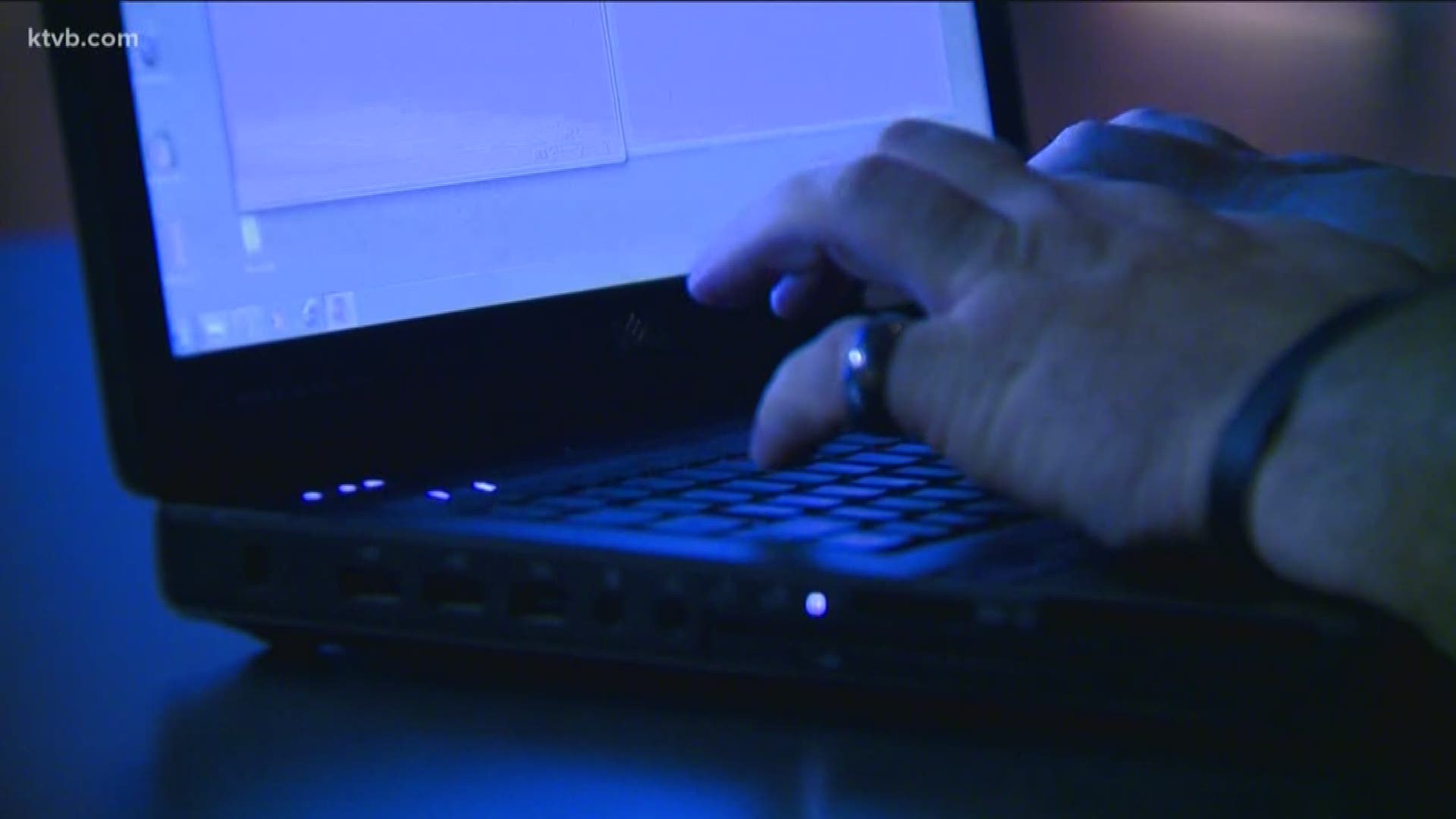BOISE, Idaho — Industry experts are warning businesses and individuals against the increasing threat of worldwide cyber-attacks.
Since the COVID-19 pandemic hit, the number of cyber attacks and hacking attempts have skyrocketed across the globe.
Steve Inch, a global security manager with HP, calls the attacks the "invisible threat of COVID-19."
"It's just ballooning up," Inch said. "It's about a 600% increase."
According to Inch, the biggest reason for the increase in attacks is because of the number of people working from home or remotely. That opens up more potential targets for hackers.
"You have major enterprise companies that have 70 to 100,000 employees all working remotely from home," he said. "This is a unique opportunity to get easy access through an unsecured WiFi connection in your home to the VPN to the broader enterprise that you're working for."
Inch showed KTVB a Johns Hopkins map, detailing the virus across the globe. A botnet threat map shows the areas heavily targeted by cyber attacks. According to Inch, there's "almost a direct correlation between the two."
"So the cyber landscape is exploding in these areas where people are populated and more and more are working from home," he said.
But it's not only the rising number of attacks that make this issue a major concern. More and more types of malware are being developed and are becoming more sophisticated.
"They're not stupid," Inch said. "They're using every tool they can get their hands on."
There have even been phishing emails sent that appear to be legitimately sent from the Centers for Disease Control. In March, the World Health Organization was also a target.
"They activated a malicious site that was mimicking the internal email system of the World Health Organization," Inch said.
It's important that businesses and individuals are aware of the problem and more alert than ever.
"This reality is going to be with us for a while so stay ever vigilant," he said.
One important step people can take to protect themselves is to make sure home WiFi are set to WPA2 - the highest encryption level. Inch said WPA and WEP settings are more vulnerable.
Phishing emails or unrecognized emails should never be opened. Inch said it's also important to check privacy settings on internet browsers and make sure your computer software is up to date.
Other valuable resources for information and tips on cybersecurity are below:

